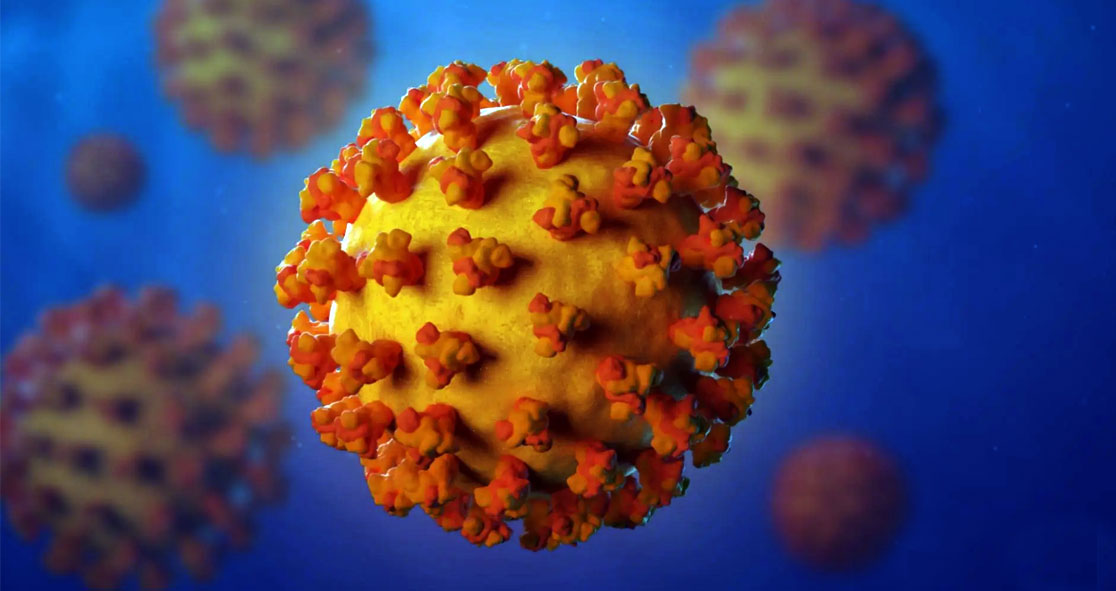A recent survey by the U.S. Centers for Disease Control and Prevention (CDC) has found that there have been many more COVID-19 cases than the official counts suggest. Yet, the data it has at this point suggests there are still millions of people who have not been infected by the virus.
Why so? It has been two years into the pandemic and the world is grappled with increasingly contagious variants, but still there so many people are COVID-free?
HuffPost has recently given a few reasons why millions of Americans have never caught the virus even at this point.
One reason why some people still are COVID-free is the adaptation or preventive measures, such as masking, social distancing, and of course, vaccination.
Dr. Marie-Elizabeth Ramas, a New Hampshire-based family physician, told HuffPost, “There are a few measures that have shown to reduce the spread of infection: getting effectively vaccinated, wearing masks indoors, and maintaining physical distance.”
She noted that getting “effectively vaccinated” is an important one, adding that boosters have also become an important tool.
Infectious disease expert Dr. Kevin Dieckhaus of UConn Health in Connecticut told HuffPost, “You’re talking to someone who has not had COVID despite it ruling my life for the past three years, and seeing tons of patients who have it.”
“A lot of it is just self-management in terms of getting vaccinated and boosted [and] making sure that you have adequate PPE and being fastidious with it,” he added.
Another good reason why you might have not been infected by the virus is you have remained totally isolated. Both Drs. Ramas and Dieckhaus agreed that some people, especially those who are immunocompromised, have strictly followed the isolation measure.
There is a possibility that you did actually have the infection, but you just did not know probably because you were asymptomatic and due to which you did not go for a test.
Dr. Ramas explained, “This is why getting tested is so important, particularly in school-aged children. This will reduce disruption of continuity of learning and unnecessary exposure to teachers and paraprofessionals.”
Experts have been trying to understand how often household COVID transmission happens, which is difficult.
Dr. Dieckhaus said, “There are a lot of factors that we probably don’t understand,” adding that he and his team are studying household transmission right now.
Well. Last but not the least, luck could be one of the reasons why you did not have COVID.
Well-established and proven mitigation strategies have helped lower the risk of contracting COVID-19, but “a lot of it comes down to a hefty dose of just good luck,” noted Dr. Dieckhaus.
“There’s a lot of randomness to COVID,” he added. “There are people who seem to have minimal exposure who come down with it, and there are people who have heavy exposure who seem to do OK.” For more information on why some lucky people are still COVID-free, read the HuffPost article titled, “Why Some People Still Haven’t Gotten COVID.”























